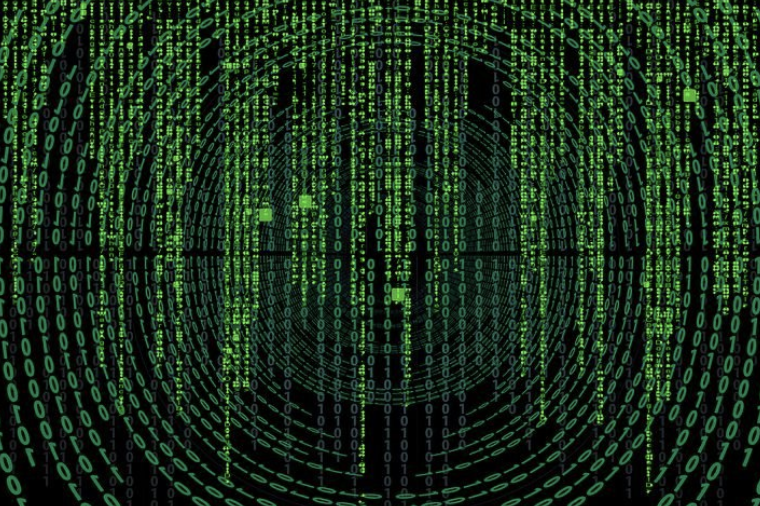Antivirus provider Kaspersky Lab says there are 323,000 pieces of malware detected daily.
Back in 2011, the company detected around 70,000 malware files per day. By 2015, that number jumped to 323,000 per day. This year that number has increased by 13,000.
Malware is short for malicious software; it’s an umbrella term for software that is intended to damage or disable computers and computer systems.
Kaspersky attributes the jump to increasingly sophisticated cyber criminals who offer “mass production of malware and tailored cybercriminal services.”
The improvement in the quality and technique of automated malware analysis technologies that successfully detects all malware types, both existing and unknown, is another reason, Kaspersky said.
The company claims its malware database now “carries a billion malicious objects, including viruses, Trojans, backdoors, ransomware and advertisement applications and their components.”
Vyacheslav Zakorzhevsky, head of the anti-malware team at Kaspersky Lab, calls the billion mark a “milestone.”
“It shows the scale of the cybercriminal underground, which has developed from several small forums offering customized malicious tools, to the mass production of malware and tailored cybercriminal services,” Zakorzhevsky said.
Warning signs your computer is infected with malware include your computer slowing down or taking longer than normal to boot up. Other warnings include: Unwanted pop ups; frequent system crashes or the blue screen of death; running out of harddrive space; unusually high network activity; new toolbar or browser homepage; unusual messages or programs that start unexpectedly; antivirus software stops working.
For more information, read the press release from Kaspersky Lab.
Are you covered for identity theft?
Image: Pixabay

